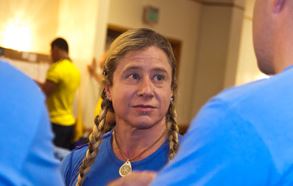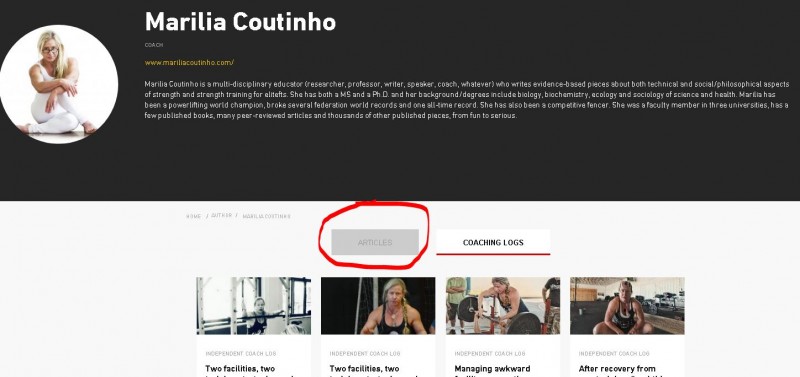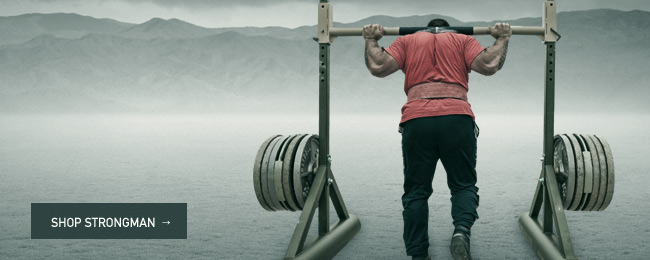
This is a subject that I never wrote about. I was asked to but, for years, I refrained. It is a potential disaster, to say the least. Wording, here, matters as much as in a contentious legal petition. I can publish this log and bring some closure and clarity to people or I can wake deeply ingrained resentments and wounds.
I’ll try, though, mostly to pass on the advice given to me, which I wasn’t great at following.
Let’s start from the beginning.
The year was 2006, 2007 or 2008. I had a couple of friends who were bodybuilding coaches. Real close friends, like a little dysfunctional family. One of them was more experienced than the others and he would often complain about what he called the “penis or vagina factor”: that is when your athlete gets irrationally involved with someone and all your work goes down the drain. They screw up the diet, they get euphoric or depressed, they don’t sleep well and their training program can be irreparable for competitive purposes.
Ok, “penis and vagina factor” – registered.
Then the other friend shared something much darker. It went more or less on these lines: “Mah, don’t ever coach athletes. All athletes are whores. They have absolutely no loyalty, no character and they will stay with you as long as they can suck as much blood, energy, food and even money from you. As soon as somebody offers them a little more, a little more anything, they will not only leave you, but they will backstab you. Richard (not the real name) balanced things: they used him, but he used them, too. He keeps them hooked until they compete and then he has a documented record that he made them. Oh yeah, Mary (not real name), Catherine (not real name) and Bob (not real name) all screwed him but look at his website: they can’t undo that.”
That was creepy. And scary.
Around 2010 or 2011, when I had, under protest, assumed the presidency of what was supposed to be the first non-corrupt powerlifting organization in Brazil, the “elders of the tribe” had a sit down with me. In Brazil, amateur sports have a small segment of heroic, committed and highly ethical individuals, in all sports. Usually they get screwed, especially in the Olympic sports where the Brazilian Olympic Committee has a juicy government endowment for them, and people will kill for that money. But there I was, with the three elders from the strength sports, some of the people I most respect to this day and this is what they said: “you have five years. We all have five years. This is what we can give to the social cause of the sport. During these five years, your professional, academic and personal life will be put on hold, you will lose the little money you have and your life will feel like hell, but it’s our duty to society and we serve. Once the five years are over, turn your back and walk away. Resume your life. You may have a supporting role here and there but never, ever again assume responsibility. It will destroy you”.
It almost did. All the good things the lifts had done for me and made my publisher request the book “strength against death” were almost undone. The sport very nearly killed me, as the elders had predicted.
I also learned dark things working in the supporting role in other sports: that in spite of some talented athletes being honorable people, most weren’t. I saw bad things. Prostitution, criminal executions (three shots on the face, two on the chest), false accusations/allegations destroying reputations… I saw the bad and the ugly. So where was the good?
Around 2011 I started coaching people. My first experience was amazing and sad: I coached a friend, an honorable man who taught me a lot about sports organization (he was an IFBB international referee) but didn’t know enough about programming. He was so happy when he hit the numbers we planned. Less than a year later, he died of a heart attack.
I had another super cool coaching experience, again with a friend who is today a professional Strongman. We tested things together, he has a weird metabolism and in a way, he was my lab rat for lots of things. But most of all, with him, I learned that solid programming, which is programming that makes use of actual scientific training principles in skilled and creative way, can get your athlete a result extremely closed to the one you predicted, if not exactly so.
I had the awesome coaching experiences I described on the series about the lifting courses. I taught and coached hundreds of people.
Then came other, relatively smart, relatively educated, younger men in powerlifting. They were different from the scary “bad and ugly” that I had seen. They professed allegiance to the “new paradigm” that a handful of us had invented for Brazilian powerlifting: an ethical and well-ruled sport. I lost about US12K trying to force it: I don’t think it’s compatible.
So we had this micro-meets, where we always lost a lot of money, in Brazil, and I had sponsorship to compete abroad. At this point, I always had one or more “super talented” athlete that I truly wanted to see at the international podium. And I did.
I have no words to describe the backstabbing. The overkill was so brutal that it destroyed other people around me.
Did I coach other powerlifting athletes that were honorable and had a functioning moral compass? Absolutely. None at the international elite level. Two of them could be but their personal priorities were not there: their families and their work came first. They did experience true satisfaction in mastering the lifts and pushing their limits. Looking back, that was far more satisfying than seeing the dark characters of my life in the international podium.
Do I know powerlifting athletes at the international elite level who have that moral compass and are honorable? Yes, I do. They are not my athletes. But I look around and I see several like the bad and the ugly ones I had.
As many of my friends told me before, I’m a lousy judge of character. I’m not that good at reading lies and yes, I am easily fascinated by the good in people. Maybe the problem is that the good in people, where I came from, which is academic life, was really good. It was worth investing in someone talented, sharp, committed and capable of leaving the world a better place than they found it. Maybe I never saw the difference between that and sports, where most elite athletes are playing their sport for their own benefit and profit. Most have absolutely no social responsibility and this is something I never learned to even understand (how can someone not have social responsibility?).
I can coach them. As many people say, I’m a damn good coach. But I can’t handle self-absorbed lack of character.
Since I have been an elite athlete myself, this question kept asking itself inside my mind: why did I compete, then? The answer was brutal. I did it because it was the antithesis of death, which I also loved so much (I survived two suicides by accident); because of the transcendent moment which I simply wouldn’t believe if it wasn’t “official”; because either I broke limits or I would die. But hearing my name being called at the awards session was like a punch at sternum the sucked the air out of my lungs. I don’t have any medals or trophies: I threw them all away.
You see, it all started with a sports social project at a slum in Brazil. Maybe it should have always stayed that way.
What’s the takeaway for you, young coach, full of hope of making a difference in the world? Character beats talent. You may think you can handle someone with a lot of talent and no character. Maybe you will. Are you really going to take a chance? I’m not the only one who got screwed: all the people who shared their stories with me got seriously hurt.
Is it possible to coach at the elite level and avoid these traps? I think so. One of the things that may help is have someone give you a second opinion on an “applicant”. The other, for me, is to focus on the good. Because there is always good. Even if there is more bad than good, there is always good.
I am grateful for the athletes that prove my friends wrong, that show that athletes can be honorable, socially responsible and care about bigger things; that athletes can be tolerant, inclusive, and understand sport in its Civilization greatness.
For them, there will always be a spot.
(for evidence-based articles on strength and movement, click on the "articles" link at the author's page)










